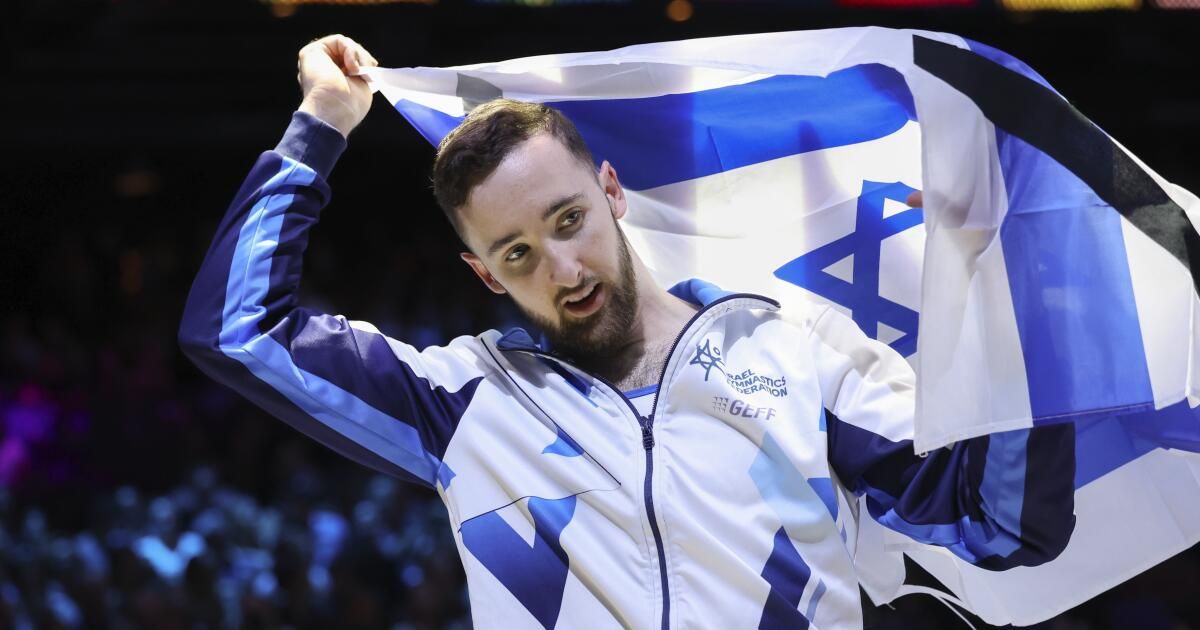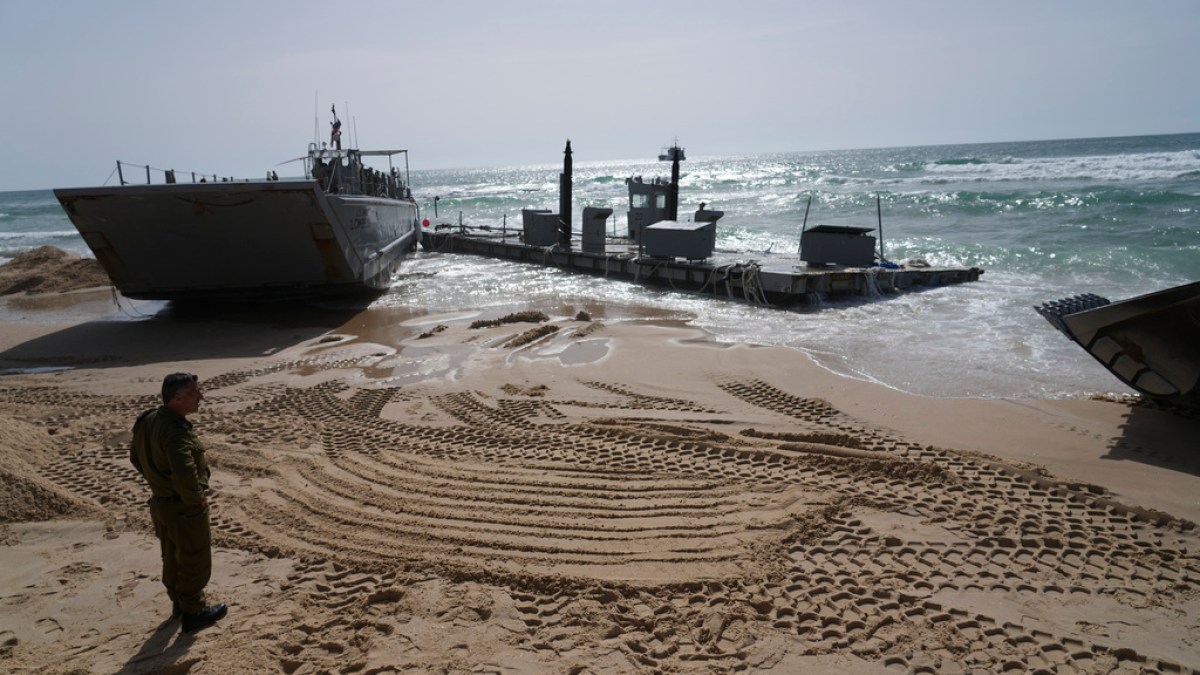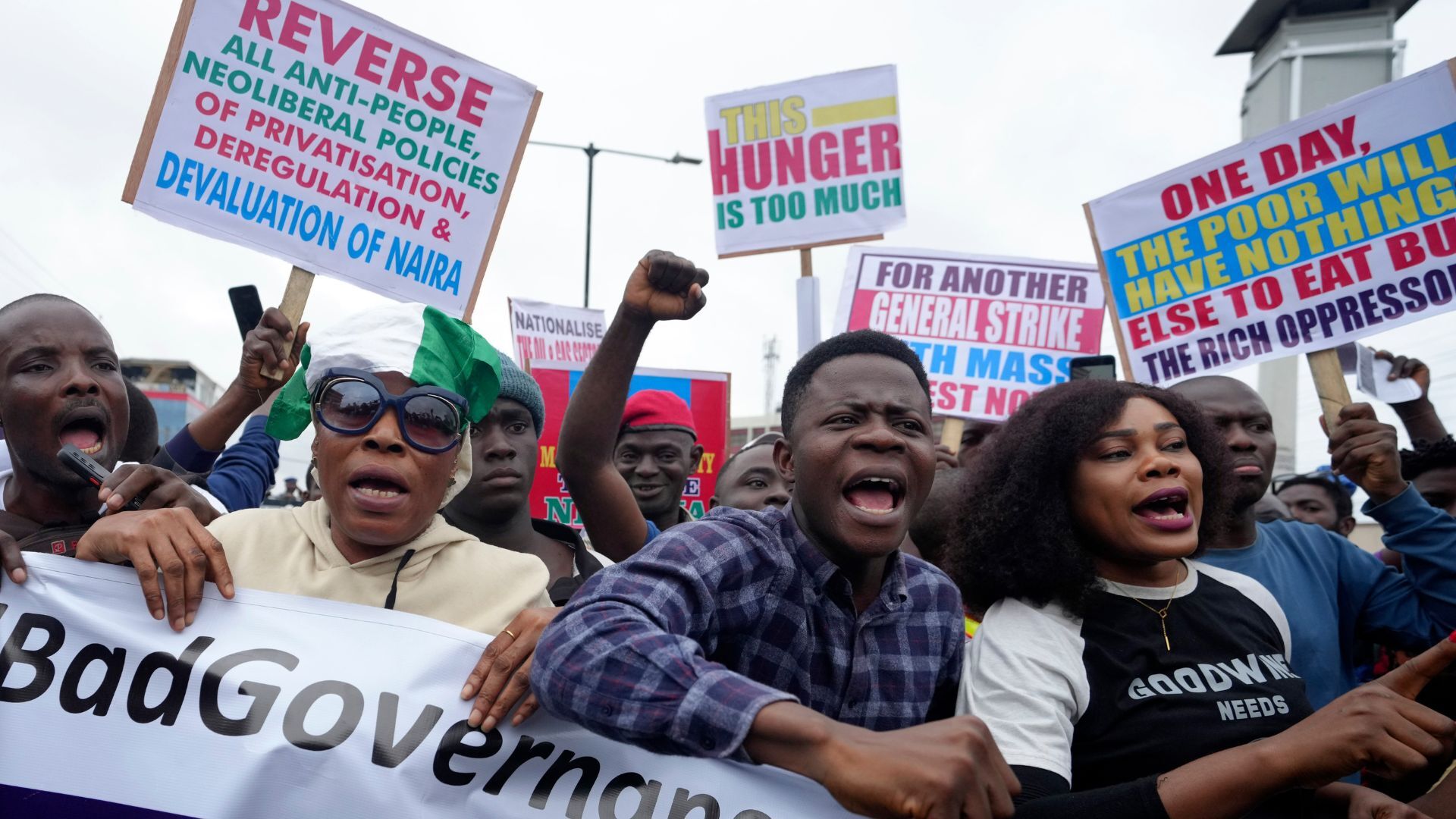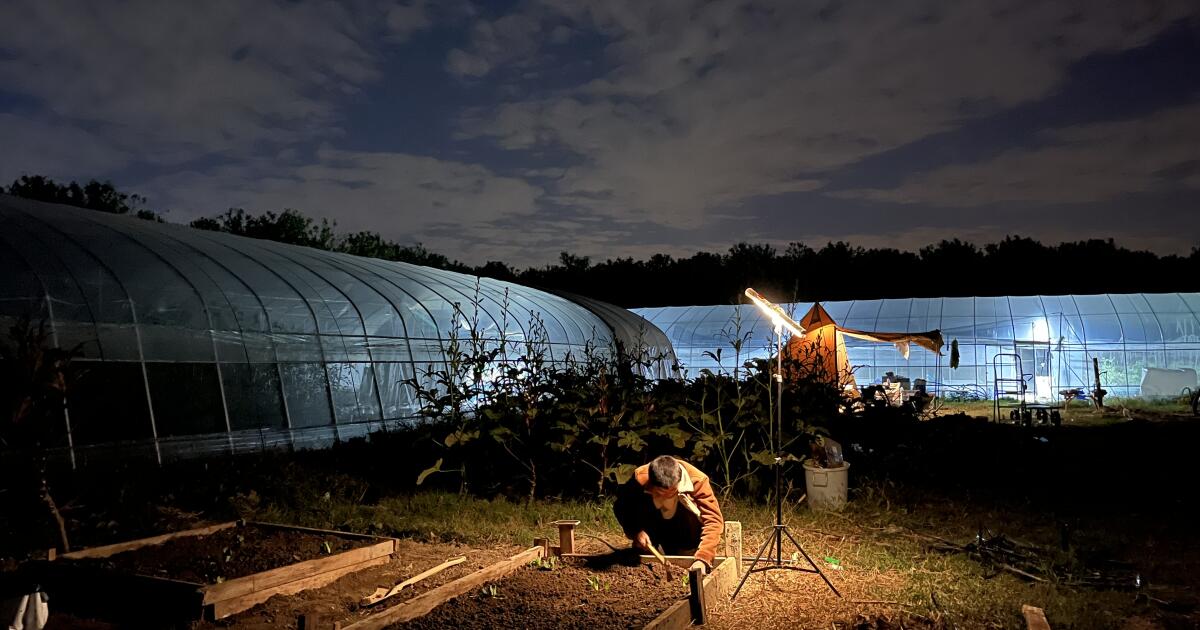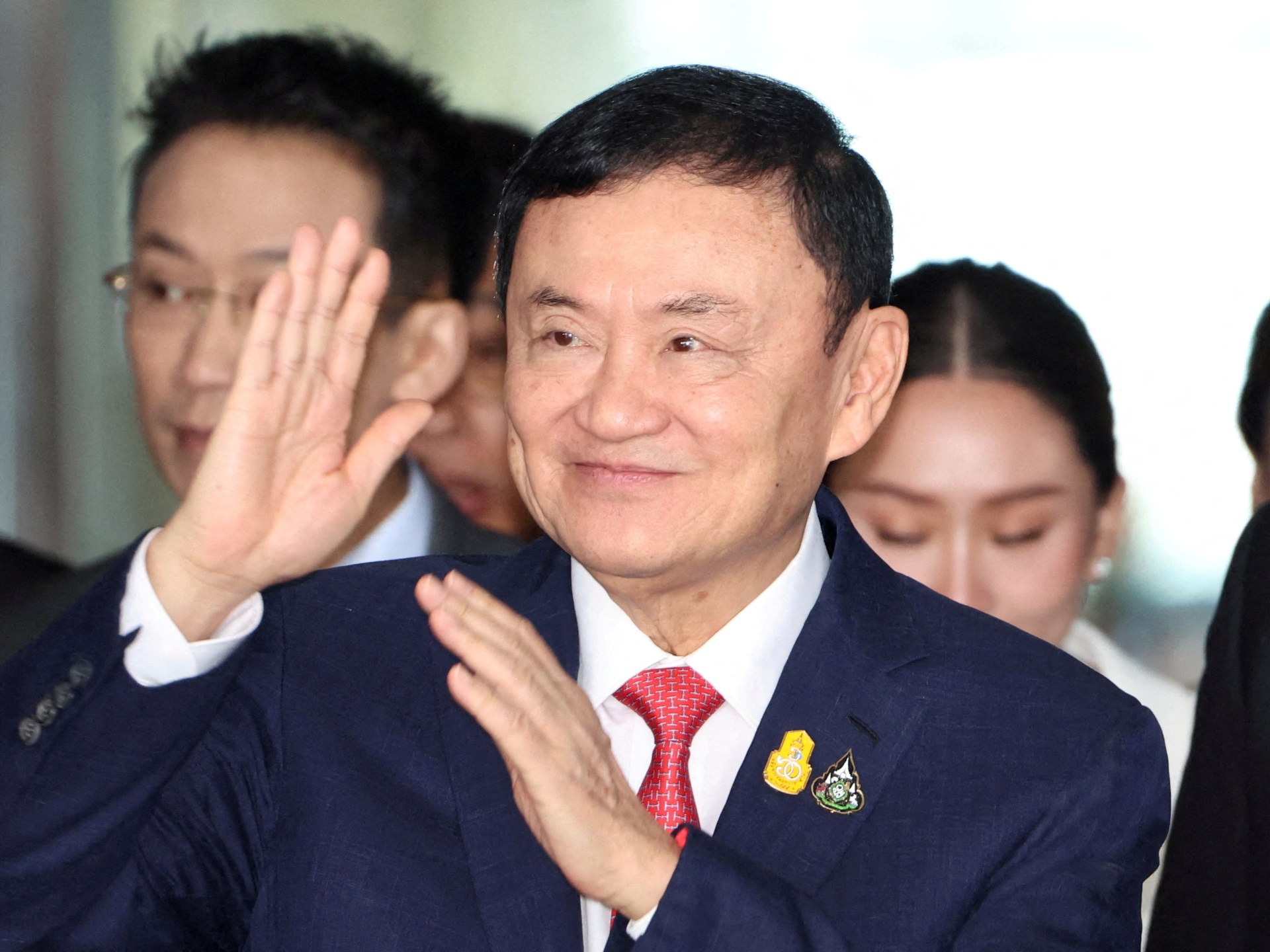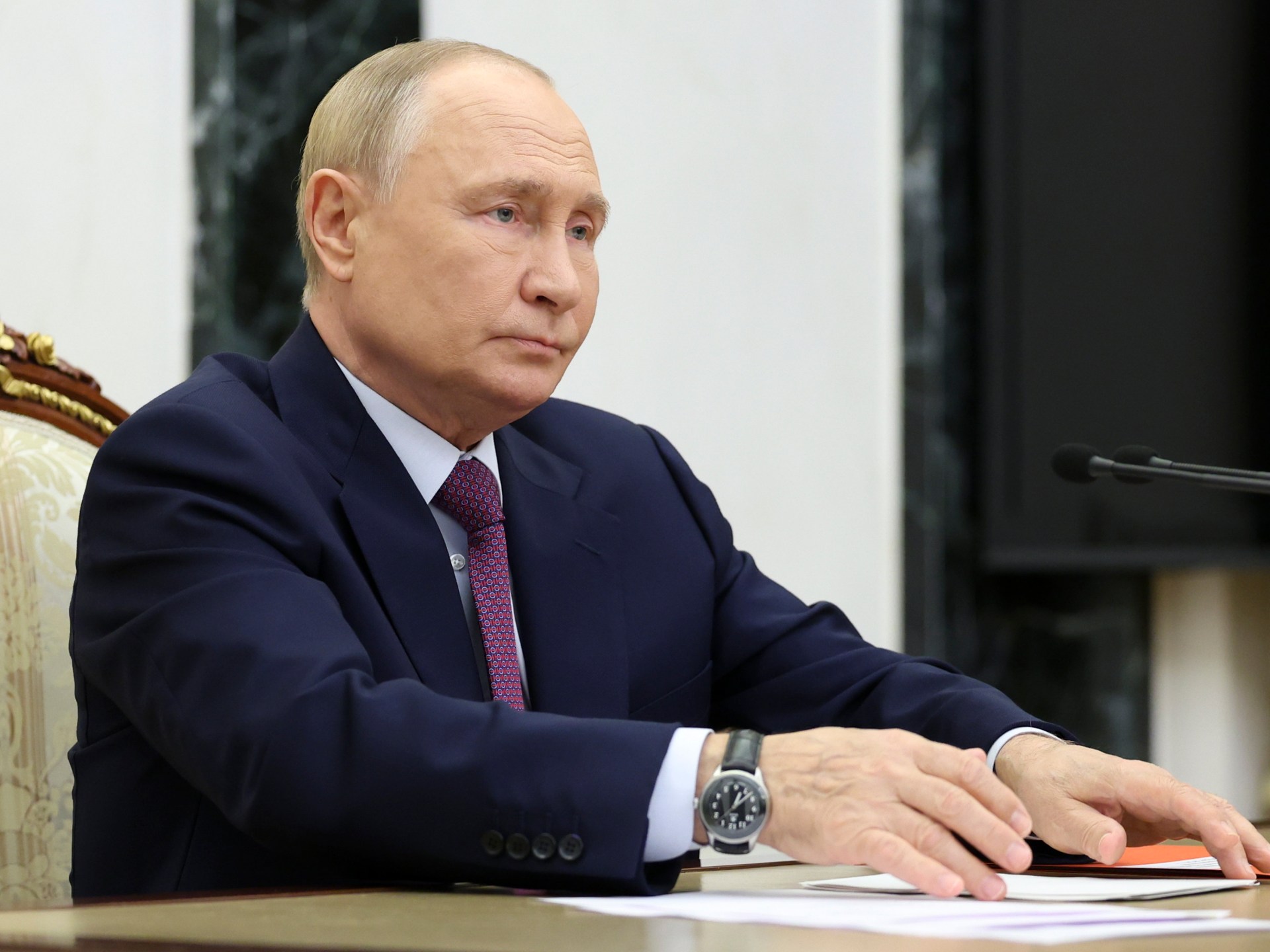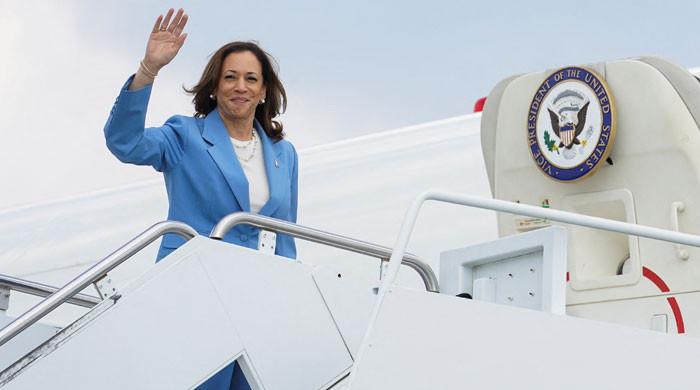Israel is sending 88 athletes to Paris this month, the second-largest Olympic team in the country's history. And they are going to France against the backdrop of a bloody war that is entering its tenth month with no end in sight.
But that is a topic that few Israeli athletes seem willing — or able — to talk about.
“I don't want to answer. I don't want to go into that place,” said Misha Zilberman, a four-time Olympian badminton player, when asked about the war in Gaza.
A communications officer for a top-division Israeli soccer team, which placed numerous players on the Olympic team, was more direct.
“We will not approve any questions about the political, security or current situation,” he warned. “I don’t think it is fair to ask them these kinds of questions.”
But the large and sustained global protests against Israel's actions in the Palestinian territories cannot be ignored and questions, fair or not, remain unavoidable, even if they remain unanswered.
In response to the Oct. 7 terror attacks that killed 1,200 people and left some 250 held hostage, Israel attacked Gaza seeking, it said, to destroy Hamas by razing towns and killing more than 37,000 people, according to the Gaza Health Ministry, while leaving much of the Gaza Strip uninhabitable.
And while Israeli athletes have had little or nothing to do with the conflict, they have become targets of international outrage over the war. In the past four months alone, large crowds of pro-Palestinian activists have protested the presence of an Israeli team at a softball tournament in Canada, a women's soccer team in Scotland, an under-19 men's soccer team in Norway and an Australian cyclist cycling for an Israeli team outside Melbourne.
Even Israeli singer Eden Golan was targeted when thousands took to the streets in Malmo, Sweden, two months ago to protest her participation in the Eurovision Song Contest.
Now the spotlight is on France ahead of the opening ceremony of the Paris Olympics, which will be held next week in the country with Europe's largest Muslim population. More than two dozen French politicians have called on the International Olympic Committee to ban Israeli athletes from competing under its flag and anthem, while the Palestinian Olympic Committee, which will have at least six athletes in Paris, and many Arab countries have called for Israel to be banned from competing at all.
Palestinian sport has suffered significant damage as a result of the war. Jibril Rajoub, president of the Palestinian Olympic Committee, said last month that more than 300 athletes, referees, administrators and support staff had been killed and all sports facilities in Gaza had been destroyed in the attacks. One of those killed was Majed Abu Maraheel, a retired long-distance runner who became the first Palestinian to compete in the Olympics when he ran the 10,000 metres in Atlanta in 1996.
Maraheel, 61, is believed to have died of kidney failure in the Nuseirat refugee camp in Gaza.
1
2
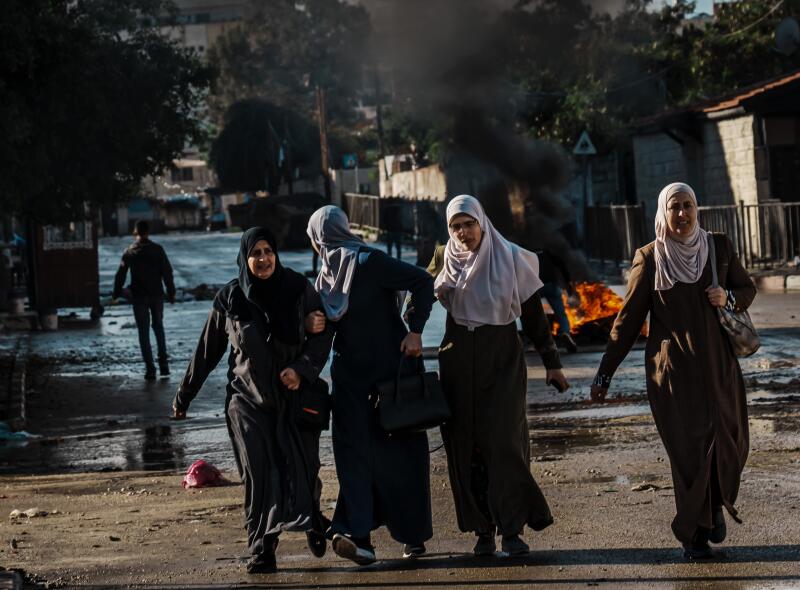
3
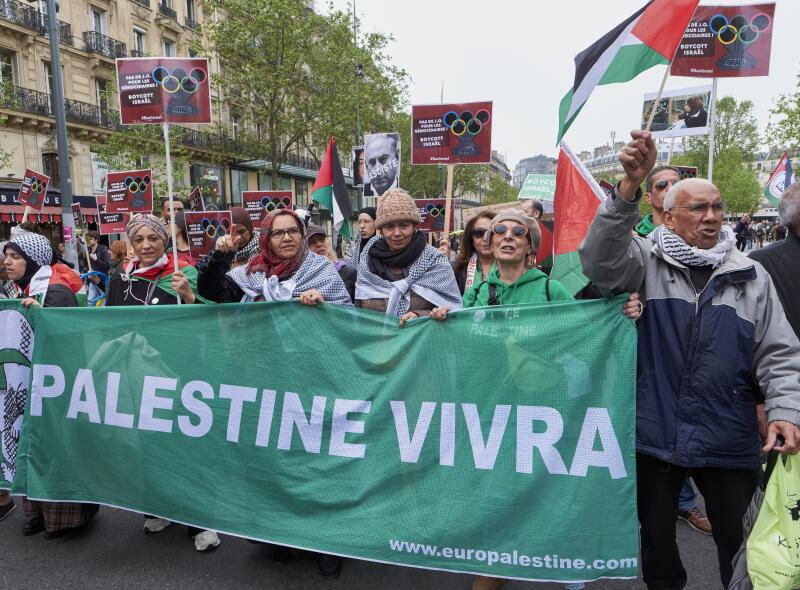
1. A child stands in front of a building destroyed by an Israeli attack near a refugee camp in the occupied West Bank in October. (Marcus Yam/Los Angeles Times) 2. Women walk down a street in Jenin, in the occupied West Bank, in December, amid Israeli forces operations in the area. (Marcus Yam/Los Angeles Times) 3. People holding a banner reading “Palestine will live” protest against Israel’s permission to participate in the 2024 Olympics during a protest in Paris on May 1. (Remon Haazen / Getty Images)
But while Israeli athletes will not be banned from competing in France, protests against the country's participation in the Games are likely to continue, and that worries Israeli officials.
“The best way to deal with these things is to win, to triumph,” Miki Zohar, Israel’s minister of culture and sports, said at a news conference in Tel Aviv last month. Zohar also urged his colleagues – and Israeli Olympic athletes – to avoid talking about the provocations.
However, the danger that the protests pose to the Israeli delegation cannot be ruled out. The Israeli government has therefore doubled the security budget for the Olympic team and is working with the Shin Bet, the country's security agency, and French officials to keep the Israelis safe.
“Anywhere there are athletes, anyone representing Israel, there will be security,” Eytan Ben David, a former senior Shin Bet official, told Jewish Insider, a Brooklyn-based weekly newspaper and website.
The Israeli team was the target of the deadliest terrorist attack in Olympic history in 1972, when eight Palestinian militants infiltrated the Olympic Village in Munich, resulting in the deaths of six coaches and five athletes. But Israeli Olympian Liel Abada, who plays in MLS with Charlotte FC, said he is more concerned about his relatives coming to Paris to watch the Games than his own safety.
“I'm not afraid,” Abada said. “We will have a lot of security and we will be safe.”
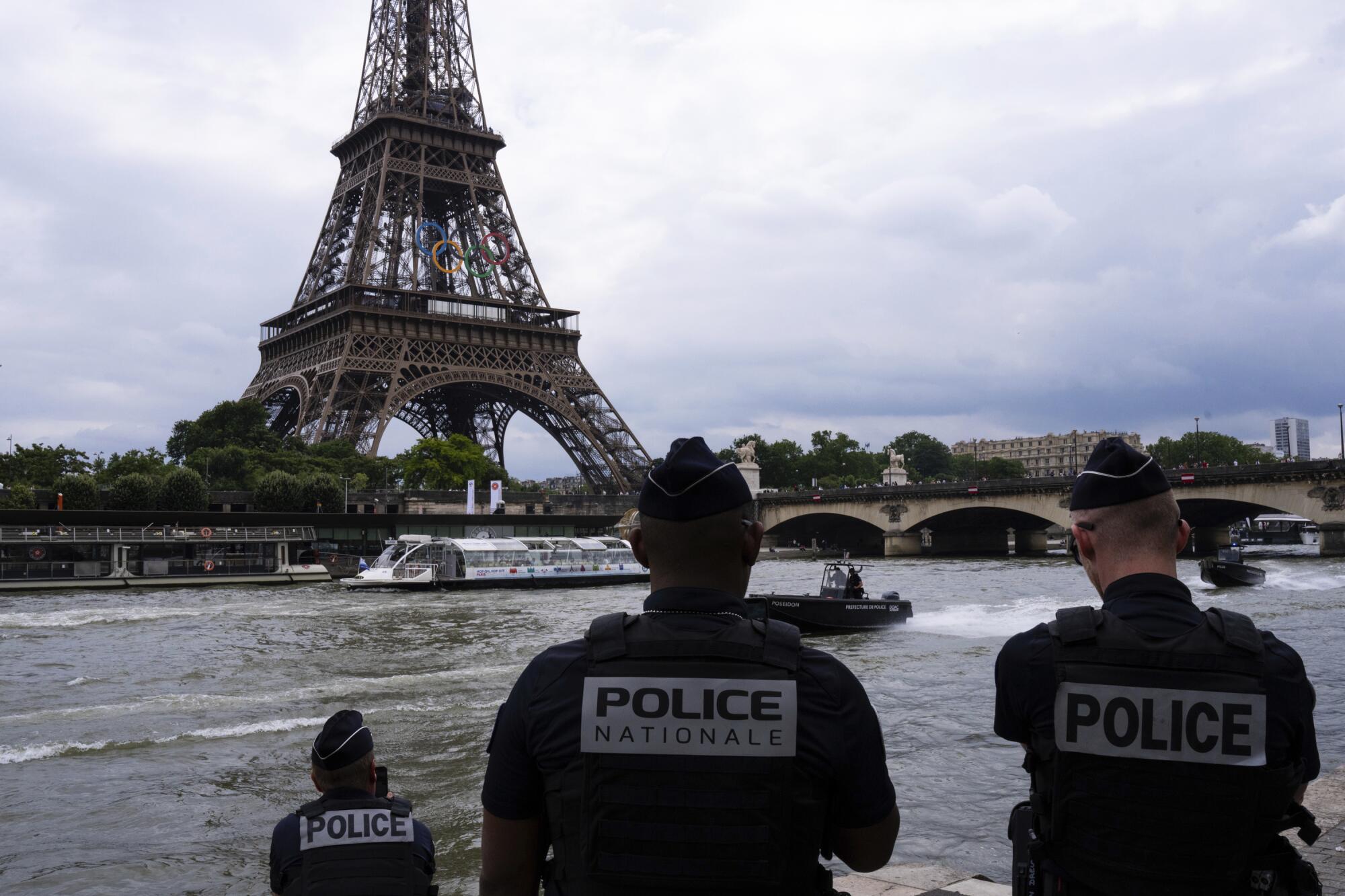
Police officers watch river police boats patrolling in front of the Eiffel Tower on the Seine River in Paris on July 2.
(Louise Delmotte/Associated Press)
Despite security concerns, this Israeli Olympic team has a chance to be the best in its country's history. Olympic Committee President Yael Arad, a former jukoda and Israel's first Olympic medalist in 1992, predicts the country will win four or five medals in France. Three years ago, Israel sent 90 athletes to Tokyo and returned with a record four medals, including two golds in gymnastics.
“We want our athletes to come here to work, to compete,” Arad said, speaking at the same Tel Aviv press conference where Zohar appeared. “To go and represent Israel and show the best side of Israel.”
One of the gold medallists in Tokyo, Ukrainian gymnast Artem Dolgopyat, world, European and Olympic floor champion, is back to defend his title. Linoy Ashram, an 18-year-old rhythmic gymnast, is also considered a medal contender.
In judo, Inbar Lanir, the reigning world champion in the under-78kg weight category, is among the favourites, while taekwondo's Avishag Semberg, who became the youngest Israeli to win an Olympic medal when she claimed bronze in Tokyo aged 19, will be back on the mat in Paris.
Zilberman, the badminton player and the sixth Israeli to compete in four Summer Games, believes the global spotlight now shining on Israel will be a source of motivation for many of the country's Olympians.
“Of course, what has happened gives us an advantage to go out on the court and play as well as possible. I am very proud to represent Israel and I think that [with] “With this whole situation I am more proud than ever,” said Zilberman, who was born in Moscow but moved to Israel with his parents (his father, Michael, competed for the Soviet gymnastics team and his mother, Svetlana, for the national badminton team) when he was 2 years old.
“I know everyone is watching now [at] Israeli athletes. It's not just me. It's all of us now. They're trying to push themselves to show the best they can do.”
Maccabi Tel Aviv midfielder Ido Shahar of the Israeli Premier League agreed.
“We are grateful right now to represent our country with all the flags and everything,” he said. “We don’t go every four years, you know? It’s a very special moment for our team, for our country.”
Shahar and the rest of the football team will make history with their presence. Israel last qualified for the Olympic football tournament in 1976, before it became an under-23 competition, and has not won a match since reaching the quarter-finals in 1968.
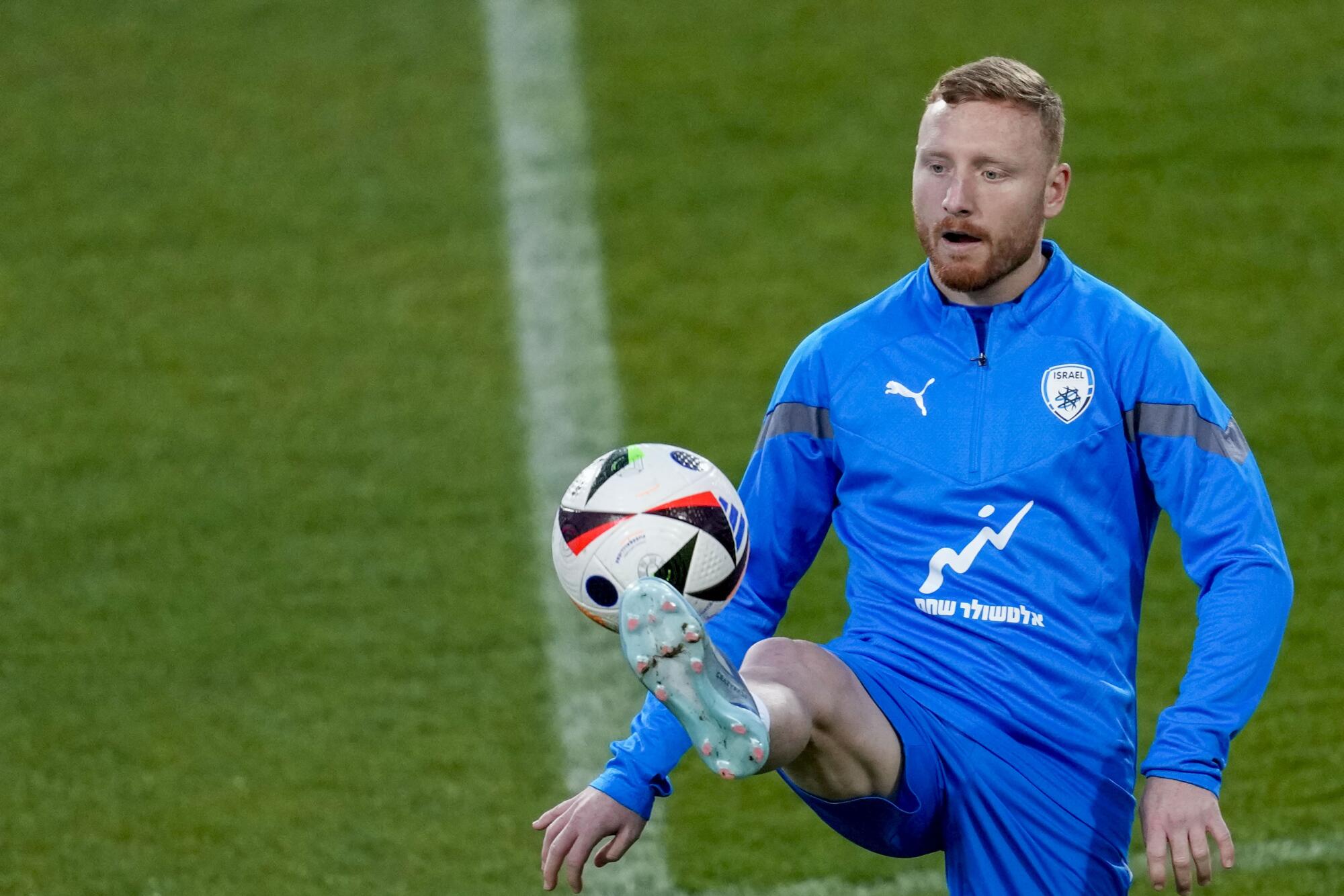
Israeli footballer Ido Shahar controls the ball during a training session in March.
(Darko Vojinovic/Associated Press)
But Osher Davida, Shahar's teammate at Maccabi Tel Aviv, wants more than just a trophy for his participation: he wants a medal.
“We don’t come to the Olympics to say, ‘Well, we’re already at the Olympics,’” she said. “We come to make history and win every game. Our goal is to go higher and higher.”
Israel will face Muslim-majority Mali in its opening match on July 24 and could face Egypt, Iraq or Morocco if it advances to the knockout stages.
“We know there is pressure. We want to succeed and show how good we are. And we have to deal with that,” said defender Stav Lemkin, who plays for Shakhtar Donetsk in Ukraine. “Israel is the underdog in football.
“Of course our main objective is to win against Mali.”
But given the circumstances, Zohar, the culture and sports minister, says Israel's Olympic athletes have won simply by competing in France.
“Every time we manage to hear the Israeli anthem while our flag is waving in the sky, for me it is worth it,” he said. “The reason we are doing this, despite the economic difficulties, despite the enormous costs of the war, is because it has a value that, in my opinion, is directly related to national morale, which needs a boost.”

